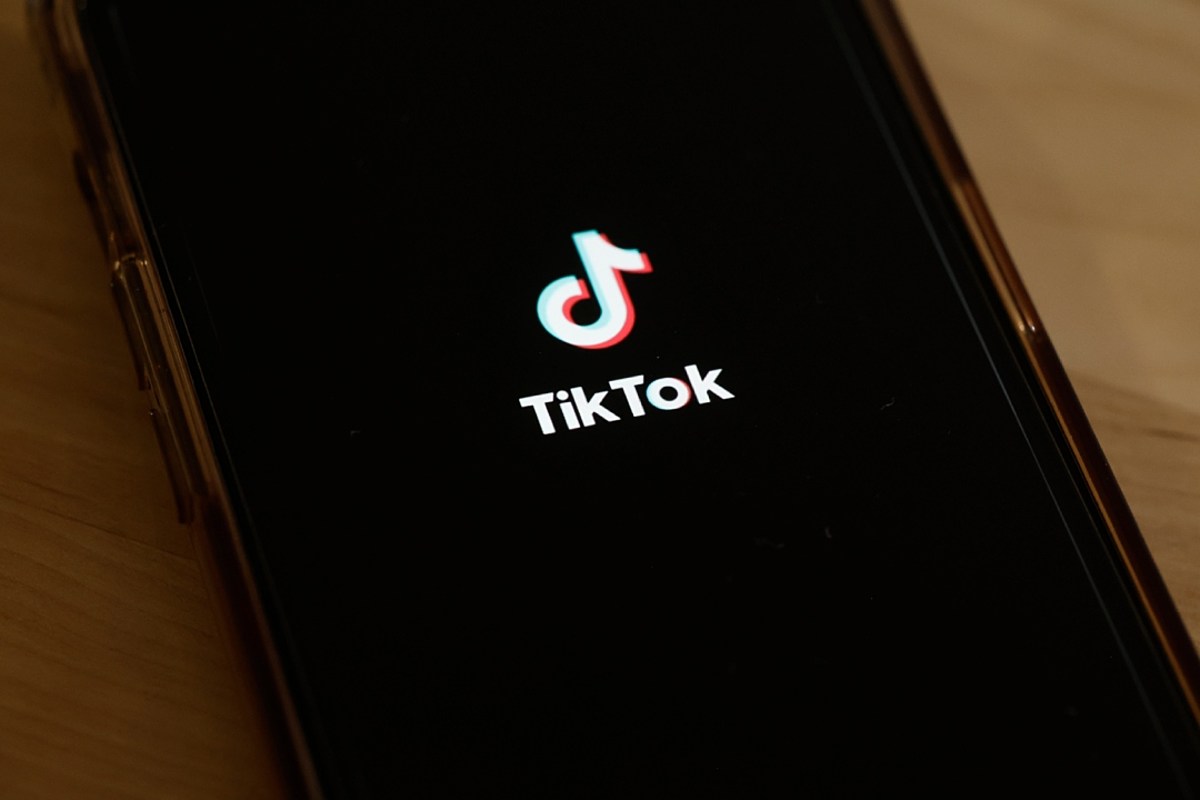Last September, TikTok announced that it had partnered with Billboard to launch its first Chart Top 50, and Sexyy Red debuted at No. 1. The announcement confirmed what many saw as inevitable: TikTok was taking over music industry. Before the Billboard TikTok 50 chart, songs from rappers were airing on the app, leading to chart dominance. Now, with the US House of Representatives giving the China-based app six months to find a US buyer or face stateside exile, it remains to be seen what impact this will have on the music industry as a whole. The debate over whether or not it will affect hip-hop is ongoing, especially for rappers who rely on the platform to share their music. Will hip-hop survive without TikTok if banned? Of course it will.
When Billboard debuted the TikTok Billboard Top 50 in 2023, rap wasn't having a very good year on Billboard's more traditional charts. The first rap-related entry on the Billboard 200 was by Lil Uzi Vert Pink Ribbon last July, followed by Jungkook's song “Seven” featuring Latto which hit No. 1 on the Hot 100 the same month. Doja Cat's “Paint The Town Red” emerged as the first solo No. 1 rap track of the year, but it didn't reach that spot until September. Meanwhile, in the application, the genre was really flourishing.
Rappers are taking over the Billboard TikTok Chart
Sexyy Redd earned her first No. 1 spot on the TikTok Billboard Top 50 chart with her smash hit “SkeeYee.” Doja followed close behind at No. 2 with “Paint The Town Red.” Sexyy also made two more top 50 appearances, with her songs “Looking For The H*es (Ain't My Fault)” and “Mad At Me” debuting at No. 19 and No. 50, respectively .
Elsewhere, Ice Spice's “Deli” and NLE Choppa's “It's Getting Hot” also debuted in the top 10 at No.6 and No.8 on the chart. Thug and Drake's “Oh U Went” debuts at No. 14 and Young Nudy's “Peaches & Eggplant” featuring 21 Savage debuts at No. 16. Gunna, Tee Grizzley, Kaliiii, Toosii, Megan Thee Stallion, Nicki Minaj also debuted in the top 50.
That trend has continued so far in March 2024. Kanye West and Ty Dolla $ign's “Carnival” sits comfortably at No. 1, Savage's 21 “Redrum” is at No. 8, “Get In With Me ” by Bossman Dlow is at No. 10. Elsewhere, Jack Harlow, Flo Milli, Rich Amiri, Dej Loaf, G-Eazy and 4Batz are just some of the rappers scattered throughout the top 50.
Read more: Sexyy Red admits she is shocked by her success
TikTok's relationship with Hip-Hop
It's impossible to ignore TikTok's star-making power, as the app has launched the careers of dozens of rappers like Sexyy Red, Lil Nas X, and Armani White. There are a few reasons for this, one of which is that a 2021 study by MRC Data showed that 64 percent of the said app's user base were teenagers, who historically have always been hungrier for new trendy music than adults. Additionally, a behavioral survey conducted by Midia Research in 2021 showed that 40 percent of active TikTok users had a monthly subscription service for music, compared to just 25 percent of the general population. This means it was much more likely for a TikTok fan to go to their streaming platform of choice and stream a new track discovered on the app.
But as time goes on, artists have criticized major labels for channeling TikTok's star power to their customers and stifling indie success.
“If a song goes viral on TikTok and the artist is unsigned and as a result has a million streams on Spotify, record labels try to sign that song or that artist,” Tatiana Cirisano, music industry analyst and consultant at Midia Research , he told CNBC in 2022. “They're obsessed with expanding their market share and making sure they don't lose any market share to independent artists.”
TikTok also shows that it may not know how to compensate artists who depend on their platform. Universal Music Group pulled the plug on TikTok in January and said it would remove signees' music from the app in part because of “how little TikTok compensates artists and songwriters.” The label's roster includes Drake, Nicki Minaj, The Weeknd and many more of the world's biggest artists. In an open letter, UMG said: “Ultimately TikTok is trying to build a music-based business without paying fair value for music.”
Would banning TikTok hurt hip-hop?
So, would a TikTok cancellation be detrimental to rap? Given the messy stumbles mentioned above, all signs right now point to no. Not to mention the correlation between rap's dominance on TikTok and its tepid presence on the Billboard charts is consistent with the history of the genre. Trendsetting is in hip-hop's blood, dating back to when word-of-mouth New York “block parties” of the 1970s started the genre. So it makes sense that in 2024, the place to find the hottest hip-hop records isn't always on the charts or on TikTok. It's on streaming platforms, many other apps, internet message boards, YouTube, the streets, the radio, and good old fashioned word of mouth.
While sifting through TikTok can't remotely compare to digging for crates in a pile of records, the point is that rap will always be wherever the kids are. No matter where that is, even without TikTok, wherever the kids go next, rap is sure to follow.
Not to mention, artists don't seem to stress as much since there are so many avenues to get their music out there. Coi Leray, whose song “No More Parties” gained a lot of popularity in 2022 thanks to TikTok, knows the benefits of the platform. This greatly benefited her career. However, it doesn't make or break her as an artist.
“Tiktok is not a streaming platform,” Coi wrote on March 13. “And I've never seen it as one. I'm not worried. As long as you don't take away Apple Music, Spotify, Soundcloud, Tidal, Mac Audio, YouTube music, Amazon music, I'm fine. Music and the love I have for it, it's forever.”
I can't argue with that.
Read more: Drake's serious dedication to Sexyy Red is costing him big money
See how much it costs for a verse from your favorite rapper
Guessing the dollar amounts before you look?



